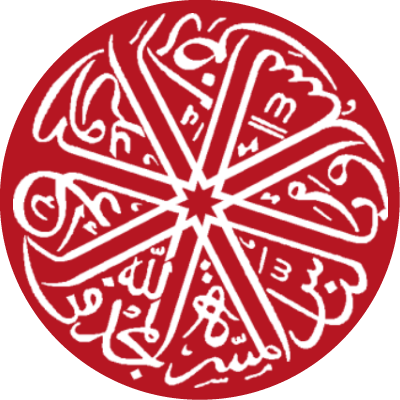Works by Halft, Dennis, 1981‒ as author 8
A hitherto unknown Persian manuscript of Ḥosayn Vāʿeẓ Kāšefī's (d. 910/1504-05) treatise on ethics Aḫlāq-e moḥsenī in the Dominican priory in Vienna
Editions 1
Relationships with other works 1
A newly discovered Persian treatise on Biblical ‘proofs’ of Muḥammad’s Prophethood (ca. 1702) by a missionary convert to Šīʿī Islam
The Imāmī (Twelver) Šīʿī polemicist ʿAlī-Qulī Ǧadīd al-Islām (d. after 1123/1711), commonly identified as the ex-Augustinian missionary António de Jesus, is well-known for his Persian refutations of Christianity. The present study argues that his previously unidentified treatise on biblical ‘proofs’ of Muḥammad’s prophethood, Iṯbāt-i nubuvvat, is extant in the two fragmentary copies: Qum, Marʿašī, MS 614 and Tihrān, Malik, MS 6348. Compared with ʿAlī-Qulī’s hitherto known works, the newly discovered treatise, dated ca. 1702, shows significant convergences regarding the argument (etymological inquiries), textual sources (European books and dictionaries), and biblical citations (extra-canonical material, 5 Ezra [=2 Esdras 1‒2]). The author’s allegorical interpretation of the Christian Scriptures through Qurʾān and Šīʿī ḥadīṯ represents a cross-scriptural Muslim exegesis that transcends linguistic, cultural, and religious boundaries to further authenticate Imāmī Šīʿī doctrine with the help of the Bible.
Editions 1
Hebrew Bible quotations in Arabic transcription in Safavid Iran of the 11th/17th century: Sayyed Aḥmad ʿAlavī's Persian refutations of christianity
In Muslim polemical writings on the Bible written in Arabic, scriptural quotations frequently appear in Arabic transcription of the original Hebrew. This phenomenon also occurs in the Persian refutations of Christianity by the 11th/17th-century Shīʿī scholar Sayyed Aḥmad ʿAlavī. The adduced biblical materials, however, vary significantly depending on the particular manuscript or recension. Nevertheless, they reflect the common repertoire of scriptural verses invoked by Muslim authors. In contrast to Henry Corbin, who argued on the basis of the Hebrew verses transcribed in Arabic characters that ʿAlavī was a Hebraist and directly acquainted with the Jewish Scriptures, it is suggested here that the Shīʿī scholar relied instead on lists of biblical “testimonies” to Muḥammad. Although ʿAlavī’s literary sources are as yet unknown due to a lack of research, there is evidence from the manuscripts dating from ʿAlavī’s lifetime that he copied the transcribed Bible quotations from earlier Muslim writings.
Editions 1
Ismāʿīl Qazvīnī: A twelfth/eighteenth-century Jewish convert to Imāmī Šīʿism and his critique of Ibn Ezra’s Commentary on the four kingdoms
Editions 1
Saʿīd b. Ḥasan al-Iskandarī: a Jewish convert to Islam
Editions 1
Schiitische Polemik gegen das Christentum im safawidischen Iran des 11./17. Jhdts: Sayyid Aḥmad ʿAlawīs Lawāmiʿ-i rabbānī dar radd-i šubha-yi naṣrānī
Editions 1
Seeking fullness of life in a ’Oasis of Peace‘: Bruno Hussar’s vision of a shared Jewish-Palestinian community
Editions 1
